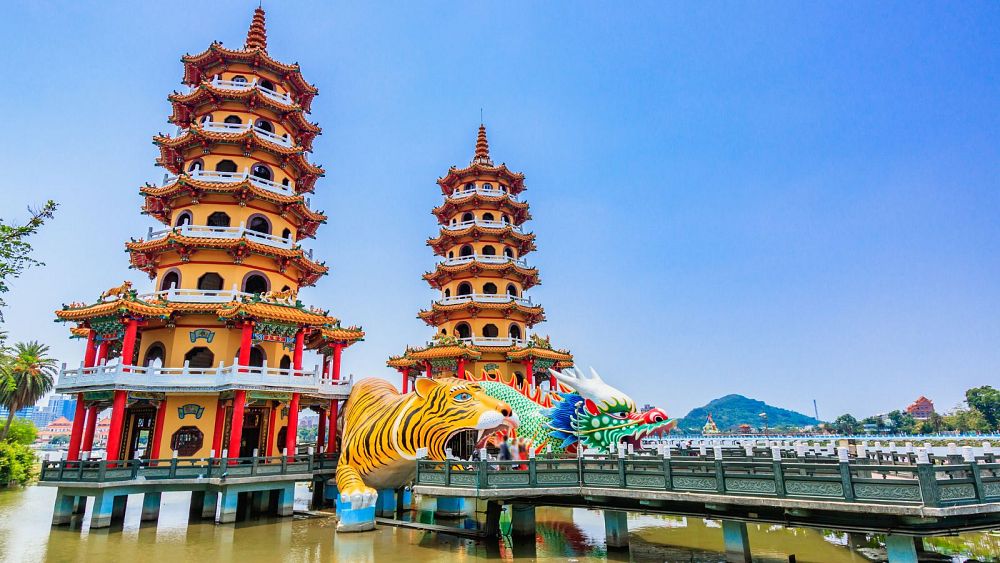Taiwan is offering to pay tourists just over €150 to holiday there this year in a bid to boost visitor numbers.
The East Asian country wants to welcome six million tourists in 2023, and hopes lining their wallets with NT$5,000 (€158) in spendig money will help to win them over.
The Ministry of Transportation and Communication is also giving travel agencies subsidies of up to NT$20,000 (€633) for each group of tourists that arrives in the country.
Announcing the proposal earlier this week, Minister Wang Kwo-tsai explained that the tourists’ spending money will be delivered digitally and can be put towards accommodation and other costs in the country.
He did not specify when the scheme would start. But given the way the cost-of-living crisis is swaying our travel priorities, it may well tip the balance for some European holidaymakers.
Why is Taiwan paying tourists to visit?
It’s all part of a post-pandemic drive to rebuild the country’s tourism sector. Taiwan was one of the last countries to lift its COVID-19 border restrictions in October 2022.
Just under 900,000 people visited in 2022, according to the Taiwan Tourism Board. That’s a steep plummet from 2019 when simpler times brought a record 11.8 million international visitors to Taiwan’s shores.
Premier Chen Chien-jen says the country is trying to get back on track with 10 million tourists by 2025.
Paying tourists to visit might sound like an unusual way to restock the coffers. But a number of countries are using incentives to rebalance tourist levels after the pandemic.
Hong Kong, for example, is giving away 500,000 airline tickets to attract more visitors.
Why is Taiwan worth a visit?
The island nation has far more going for it than financial incentives.
It’s a small island to get to know, around half the size of Scotland, so it doesn’t take visitors long to go between the vibrant capital of Taipei and its verdant national parks. Especially when there’s a high-speed railway line in the mix.
With its subtropical climate, you can luxuriate on hot summer nights and beach-hopping trips. But different seasons hold their own appeal. From September to November, Taiwan has a drier autumnal glory, while visitors in February enjoy the full bloom of the cherry blossoms.
As well as Taiwan’s natural beauty, there are around 15,000 temples to explore. While a growing cluster of Michelin stars has been awarded to its restaurants.
It’s also considered one of the safest places in Asia for LGBTQ+ travel, becoming the first country in the region to legalise same-sex marriage in 2019.
What are the travel rules for Taiwan?
Taiwan reopened its borders on 13 October 2022. Tourists no longer need to quarantine in hotels on arrival.
Everyone, including children aged two and above, will be given a self-administered rapid COVID test kit on arrival. But you only need to take it if you develop symptoms during a seven day “self-initiated epidemic prevention period.”
Masks must be worn outside of your accommodation. And visitors who do test positive for COVID will still have to quarantine at a hotel or at home.


